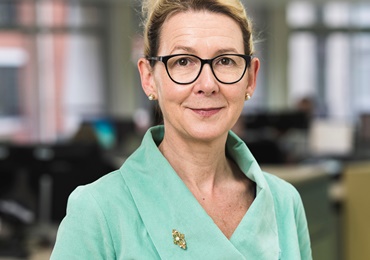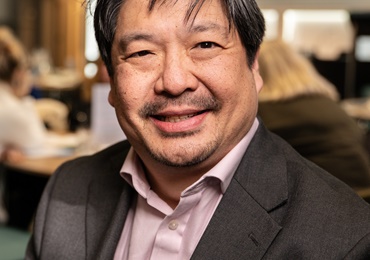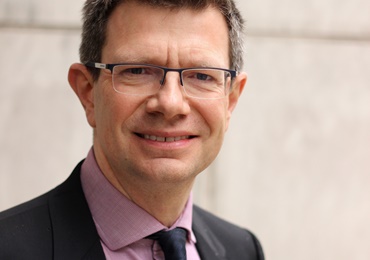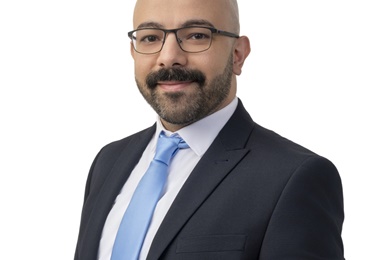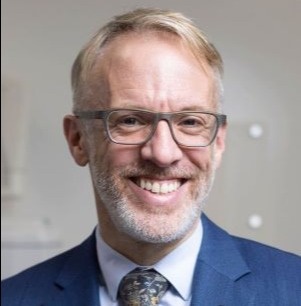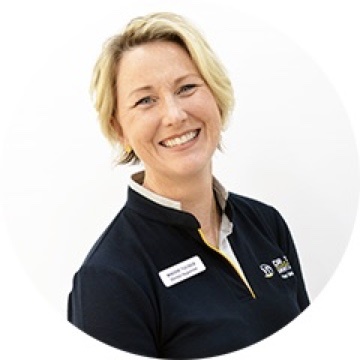Professionalism in UK dentistry: the importance of context and judgement
What do we mean by professionalism? We’ve been putting this question to patients, dental professionals and researchers to help us come to a shared understanding of what professionalism means in dentistry in the UK today. We want to better understand what’s important to people when they’re accessing dental services, what weight they give to the differing facets of professionalism, and the constraints that the dental team face when delivering oral healthcare.
We’ve had some interesting but not unexpected results. We found that how professionalism is understood evolves and changes over time, just like the practise of dentistry itself. What was once considered modern is now normal practice, what was once commonplace is now unacceptable. As society changes, so do public attitudes, and expectations of healthcare professionals.
Professionalism is multifaceted and context dependent
How professionalism is understood in practice can be personal and subjective. Factors such as past experience, age, family, cultural background, to name just a few, all play a part in what patients might consider professional behaviours in dentistry. Professionalism is also context dependent. The practice environment, type of treatment, patient needs, and what else is going on at the time – like a coronavirus pandemic – will all need to be factored into your approach.
Professionalism can’t be defined for each patient, in every situation, at any given moment. Instead professionals are expected to weigh a range of factors, draw on their training and experience, and exercise their professional judgement. So how is professionalism learned? Well, we provide professionals with detailed standards and guidance, but really, we learn professionalism from each other, observing, discussing, reflecting, and putting into practise the good professional behaviours and conduct that we see happen every day in dentistry.
Sharing examples of professionalism
Our work has involved asking patients and professionals to recall a time when they witnessed, experienced or demonstrated professionalism in dentistry. Some common concepts emerged, like good communication, timeliness, good hygiene, being made to feel at ease and going the extra mile, but what was of real interest was just how much small things made a big difference. Caring and compassion stood out as overriding themes.
We heard from a partially deaf NHS patient in England who remembered her first appointment at a new practice. She saw a new dentist and was impressed by how she “without needing to be asked” understood her needs and adjusted her communication style:
“I am hard of hearing and the entire process of going to these appointments was quite stressful as with the added PPE (masks and visors) it is difficult for me to hear and understand what is being said. Without needing to be asked (unsure if it was on my notes or she noticed my hearing aids), my dentist ensured she was facing me throughout the appointment, so the sound was not distorted. She explained everything to me in a clear and loud voice which really helped me to follow what was going on throughout the procedure.”
And a dentist from Northern Ireland told us about a time when he took a little extra time to fully explain treatment options, which resulted in a good outcome and an appreciative patient:
“[I] discussed all the options with the patient and explained that veneers were a poor choice. Through taking a little extra time with the patient, the patient became educated in more suitable options, and the caring approach was acknowledged by the patient.”
Our researchers also brought professionals and patients together to consider the similarities and differences in their stories of professionalism. The importance of communication skills and trust were common ground, as was the need to treat patients as individuals and to work well as part of a team. From one patient’s perspective, the diversity and complexity of the situations that dental teams are managing was eye opening:
“I think they all involve far more diverse and complicated situation than I have ever had to experience (thankfully) when visiting a dentist. It is enlightening to read of such complicated events which I have never heard of before, or considered in the past. It has brought it home to me just how difficult and interlaced dentistry obviously is, and although I understand good and professional dentists do consider the welfare of their patients, the many ways this welfare is considered and put into practice is something of a revelation.”
We want to share stories of professionalism from the dental team
We know professional behaviours when we see them – we see them everywhere. What we often don’t do is take the time to notice, reflect and really appreciate it when things go well. We want this to change, and want to hear your stories of professionalism and share them with the wider dental team. You might just provide someone with a really welcome boost during this challenging time.
If you’ve had feedback from a patient, you’ve seen someone in the dental team show just how professional they are, or have your own ways of demonstrating professionalism, we’d like to hear from you. We’ll share the best stories online and on our social media feeds.
We want to make it as easy as possible for you to do this, and there are plenty of different ways for you to share. Visit our promoting professionalism webpage for the details.
 eGDC
eGDC



